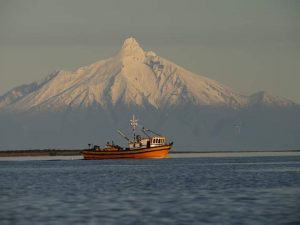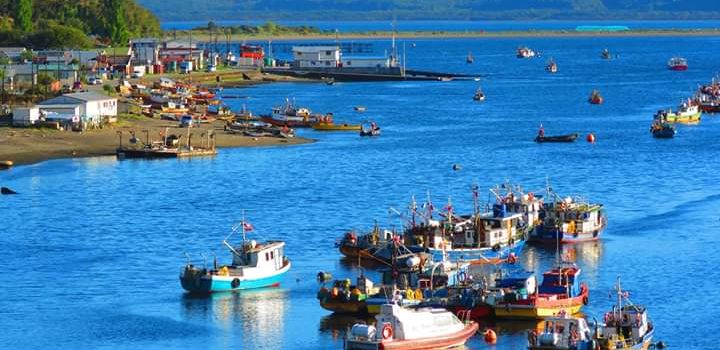IFOP’s important role in technical scientific committees
August 21st, 2020
A Technical Scientific Committee (TCC) is the Undersecretariat of Fisheries and Aquaculture advisory body consulted on scientific matters relevant to fisheries and aquaculture management.
There are currently eleven TTCs, which were created from No. 20,657Law ( Fisheries and Aquaculture General Law). A first hierarchical level divides them into: Committees oriented to fishing activity, and aquaculture sector for environmental, health and management purposes Advisory committees, where there are 3 Committees.
In the fishing sector case, Fisheries Law established eight Committees creation, which collaborate in making decisions for different groups of economically relevant fisheries. A group of five TCAs focus on pelagic, demersal fisheries and their regional divisions. Two TCCs advise on to benthic fisheries and demersal crustaceans related matters, respectively. While a TCC provides elements for chondrichthyan species management , highly migratory and environment interaction.
Luis Parot Donoso, IFOP Executive Director, referred to the role played by Fisheries Development Institute in the Committees “provides scientific information, Scientific Committees necessary knowledge to give recommendations to Fisheries Undersecretariat, fishery administration and regulation measures; particularly when these committees refer to a species that is subject to catch quotas establishment, it is that resource state base information provided by IFOP, according to certain previously established parameters, recommends quota ranges in which the authority can move considering eventually other antecedents of social, labor and economic character.
IFOP role is very relevant when making decisions that protect sea resources, marine environment and ensure their preservation in the future ”
Dr. Juan Carlos Quiroz, IFOP’s Resource Evaluation Department head, explained “the creation of Committees was formalized in February 2013 within the framework of the regulations of Law No. 20,657. Its objective was to provide transparency and scientific support to processes and decisions related to fisheries management and ordinance measures (for example, fishing quotas and extractive closures), setting aside management decisions from the Zonal Fishing Councils. Currently its operation is based on sessions (at least 6) that are temporarily distributed throughout the year, making it compatible with relevant milestones for management (for example, new data for the decision-making process, or updates of the methods to estimate limit catches).
The Committees are made up of three types of members. The first type corresponds to members nominated by public competition, who make up the quorum for the decision-making process. This group of participants has extensive experience in the fishing sector, and their impartiality, objectivity and absence of conflict of interest must be demonstrable. The second type are institutional members, who have expert knowledge of the fisheries, and are involved in the management procedure. For example, scientists in charge of the fisheries data collection and population assessment programs. Finally, the third group are members from the productive sector, such as scientific advisers to the industry and teachers representing the extractive sectors, whose participation in the Committees is merely consultative since they do not have the right to vote during the decision-making process.
The Fisheries Development Institute participates in all (11) of the fishing and aquaculture sector Scientific Committees. In the case of the Fisheries Committees (8), IFOP contributes through two members in each Committee. These representatives are selected by the governing body of the Institute in consistency with their experience and scientific-technical knowledge of the fisheries addressed by the Committee ”.
